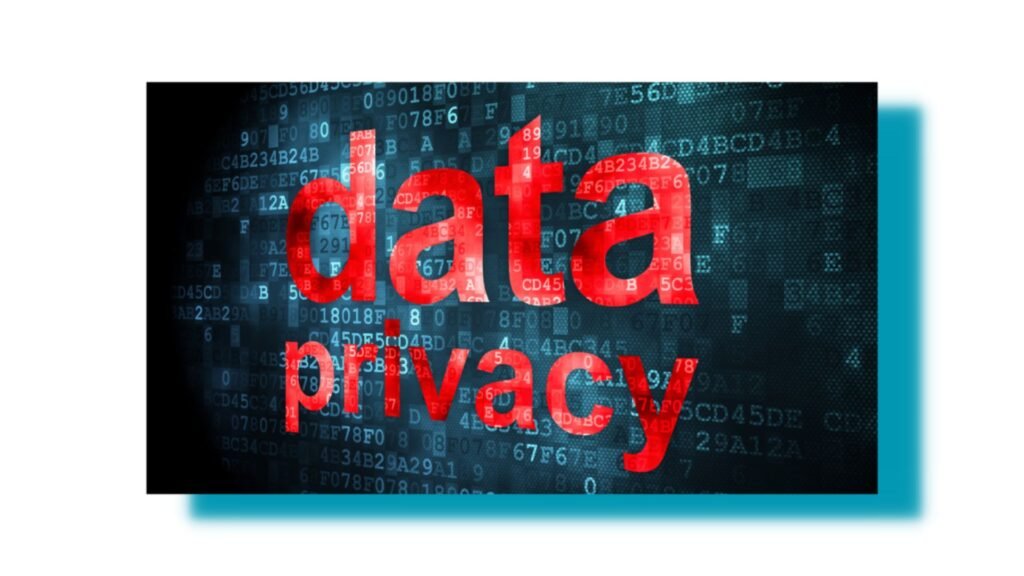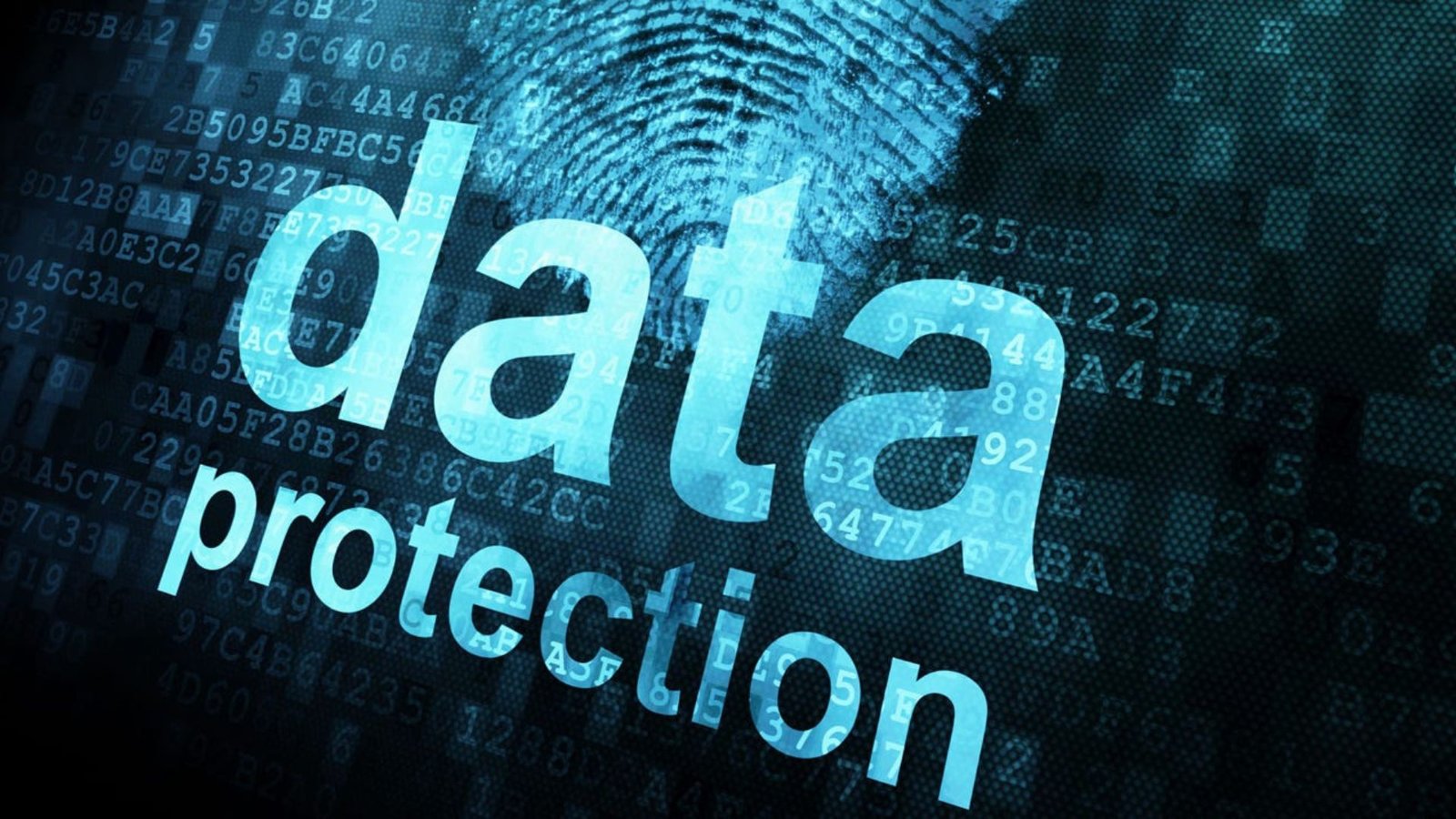In today’s interconnected world, where almost everything is digitized—from shopping and banking to communication and entertainment—data privacy has become a central concern. As more personal information is shared and stored online, the risk of unauthorized access and misuse increases, making it crucial to safeguard this data. The digital age has transformed the way we live, but with it comes the need for more vigilance and stringent measures to protect personal privacy. In this article, we’ll explore why data privacy is so important and how it impacts individuals, businesses, and society as a whole.

Protecting Personal Information
At the core of data privacy is the protection of personal information, which includes sensitive details such as financial data, medical records, and personal identifiers. In an age where everything from social media posts to online shopping habits is stored, it’s easy to see why maintaining control over personal data is more important than ever.
Why Personal Data Needs Protection:
- Identity Theft: Personal information like Social Security numbers, addresses, and credit card details can be exploited by cybercriminals for identity theft. This can lead to financial losses and damage to an individual’s credit.
- Personal Security: Beyond financial theft, personal data exposure can put individuals at risk of physical harm. For example, knowing an individual’s location or travel plans can make them vulnerable to stalkers or criminals.
- Invasion of Privacy: With the growing capabilities of surveillance technology and data collection, unauthorized access to personal information can lead to significant violations of privacy.
In the digital age, controlling access to and usage of personal data is essential to ensure personal safety and privacy.
Preventing Cyberattacks and Data Breaches
As businesses and individuals store more information online, they become prime targets for cyberattacks. Hackers exploit vulnerabilities to steal sensitive data, leading to devastating consequences, such as financial loss, reputation damage, or even national security threats.
Key Threats:
- Data Breaches: Large-scale breaches, like those experienced by Equifax or Facebook, expose millions of personal records. These breaches can be disastrous for individuals and organizations alike.
- Ransomware Attacks: In ransomware attacks, hackers encrypt vital data and demand payment for its release. These attacks have become increasingly sophisticated, targeting both private individuals and public infrastructure.
- Phishing and Social Engineering: Cybercriminals often trick individuals into revealing private information, such as passwords or bank details, by posing as trusted sources in digital communications.
By maintaining strict data privacy practices and ensuring robust security measures, businesses and individuals can reduce the risks of falling victim to these types of cyberattacks.
Building and Maintaining Trust
Trust is the foundation of any successful online interaction, whether it’s between consumers and businesses or between individuals on social media. When data privacy is not respected or maintained, it can erode trust, making users hesitant to engage with certain services.
The Role of Trust:
- Consumer Confidence: If a company mishandles personal data or suffers a breach, customers may lose confidence in the business. This can lead to a loss of customers, legal consequences, and a tarnished reputation.
- Reputation Management: Brands that prioritize data privacy are viewed as more trustworthy, which can lead to greater customer loyalty and competitive advantage.
- Legal Implications: Data privacy breaches can lead to legal consequences, including lawsuits, fines, and regulatory actions. Compliance with data protection laws, such as GDPR (General Data Protection Regulation), is crucial to avoid these issues.
When companies uphold strong data privacy standards, they are better able to foster long-term relationships with customers, increasing loyalty and satisfaction.
Conclusion
In the digital age, where personal, financial, and professional information is increasingly stored and shared online, data privacy has never been more important. Protecting personal information, preventing cyberattacks, building trust, complying with regulations, and safeguarding democracy are just a few of the reasons why data privacy is crucial. As we continue to embrace technological advancements, maintaining privacy standards will not only protect individuals and organizations but also ensure the ethical development and use of emerging technologies. The responsibility to safeguard data lies with all of us—individuals, businesses, and governments alike.




